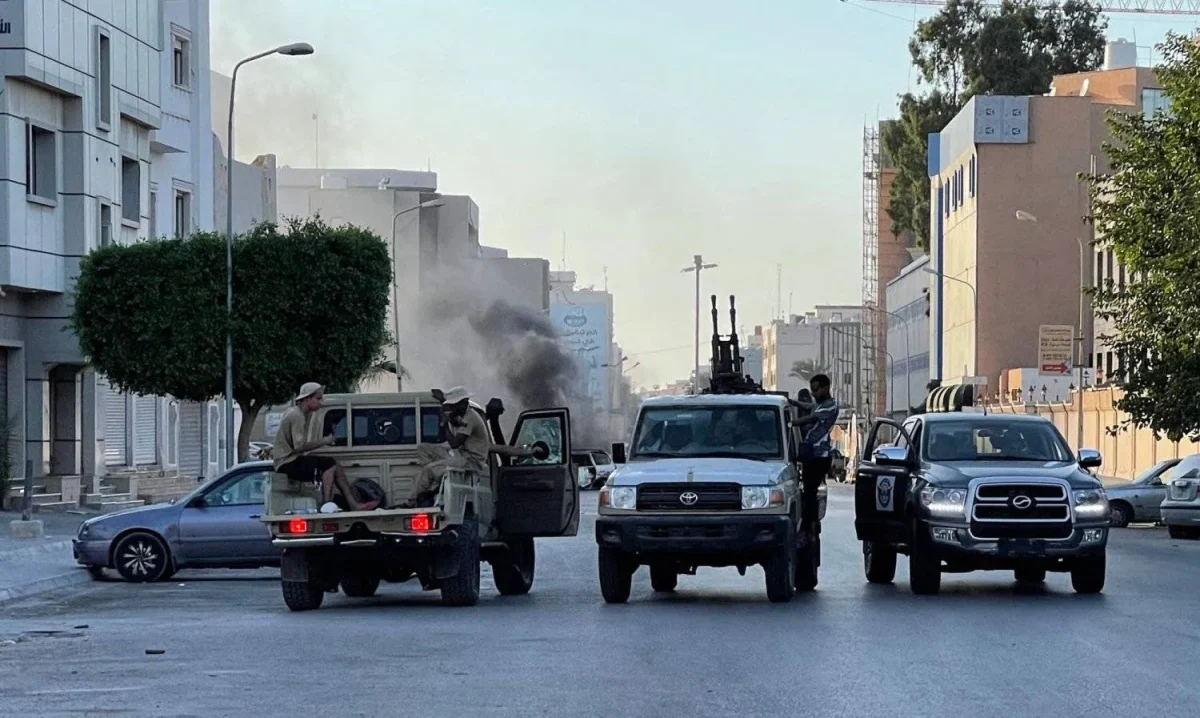The African Union has urged warring parties in Libya to agree to a permanent ceasefire after recent deadly clashes erupted in the capital and protesters called for the resignation of Prime Minister Abdulhamid Dbeibah.
Earlier this month, intense fighting broke out in Tripoli between government-affiliated forces and rival armed factions, leaving at least eight people dead, according to United Nations reports. The latest unrest highlights the fragile security situation in the country, which remains sharply divided over a decade after the fall of longtime ruler Muammar Gaddafi.
While hostilities have largely subsided, Libya’s Defence Ministry announced this week that negotiations towards a truce were still underway.

In a statement posted on X (formerly Twitter) on Saturday, the African Union’s Peace and Security Council condemned the recent surge in violence and called for an “unconditional and permanent ceasefire”. The Council also advocated for a Libyan-led reconciliation process that excludes foreign involvement, urging all stakeholders to avoid external interference.
Libya remains politically fractured between a UN-backed administration in Tripoli led by Dbeibah and a rival eastern-based government. The latest flare-up was triggered when a commander from an armed group was killed by the 444 Brigade — a militia loyal to Dbeibah’s government. The incident set off a broader confrontation involving the Radaa force, a powerful group controlling parts of eastern Tripoli and the capital’s airport.
Tensions escalated further after Dbeibah issued a series of executive orders aimed at dissolving several Tripoli-based armed groups, with the notable exception of the 444 Brigade, raising concerns about selective governance and factionalism.


 Trending
Trending 